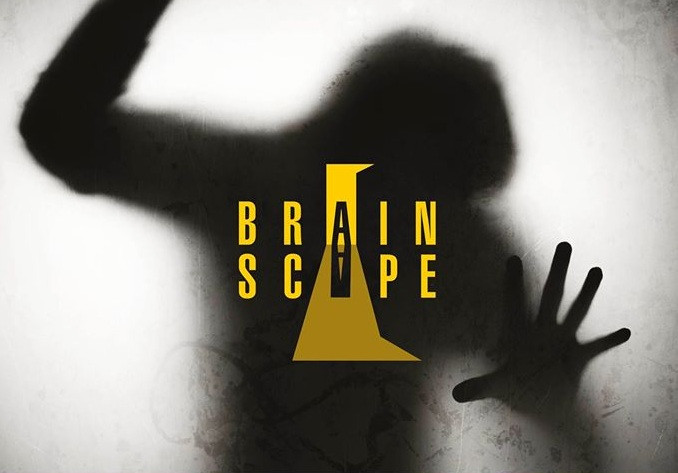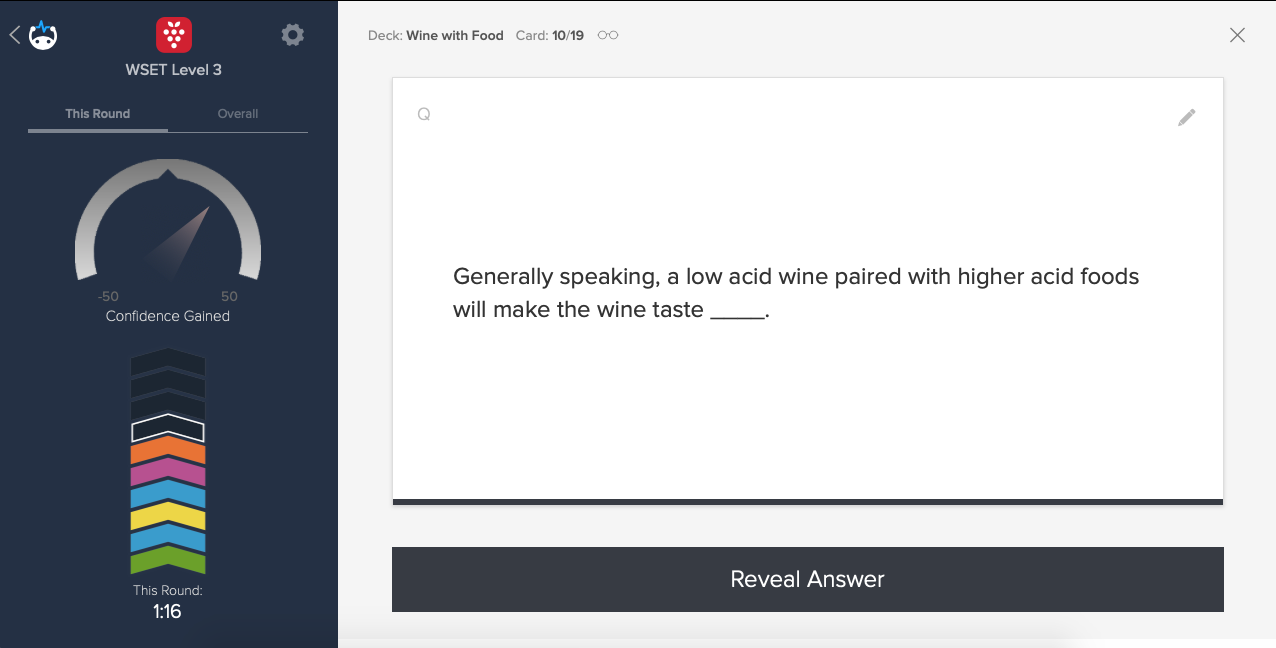

Use Mnemonic Devices - the app lets you add multiple images on the question side, insert emojis, and control the style of the font to help you tell a "story" that's meaningful to you.Combining them like this also improves your recall. You can also write a short descriptive phrase next to the image. Mix Pictures and Words - the app lets you choose between several image options or upload your own.The process of making your own flashcards improves your memory recall. Make Your Own Study Flashcards - the app lets you create your own flashcards even if its text-only cards.I used the 12 tips from this companion article as the criteria for evaluating the flashcard apps discussed below. I outlined how to best create flashcards, either paper or app-based flashcards, in this companion article. The best flashcard app in the world isn’t very useful, though, if you’re not using them effectively. Some apps that did not meet these criteria (to name a few) included some quite popular options: Duolingo, Drops, and Fluent Forever. Note, I only evaluated in this article those apps that let you do these three things. The app may do other things in addition to these three points, but it must enable you to do all three. Have a "question" side and an "answer" side that you can edit.Let you create your own flashcards and create your own flashcard decks.Choose which words you want to study, and not force you to study other words in the process.To be considered a flashcard app for this article, the app must do these three things: Let me explain.īefore we go any further, though, let me define what I classified as a "flashcard app." Many popular apps that I excluded from the running in this article offer flashcard-like functionality. For now, I am using the free versions of Quizlet and Memrise. I really wanted to blend several of them together so that I could separate the specific parts that I did like. Personally, I did not love any of the apps. Interestingly, while many (29%) prefer not to use flashcards at all, the vast majority (71%) do.

I spoke with 144 language learners learning various languages. The good news is that you don't need to spend hours cutting out cards nowadays - you just need a good app. There are two problems, though: they can be time consuming, frustrating, boring to make and they can be a poor use of your study time if you misuse them. We've all been told that language flashcards are a great way to improve your vocabulary and fluency when learning a foreign language. Give me five minutes to tell you what changed my mind, and maybe you will learn how to love them again, too.


 0 kommentar(er)
0 kommentar(er)
